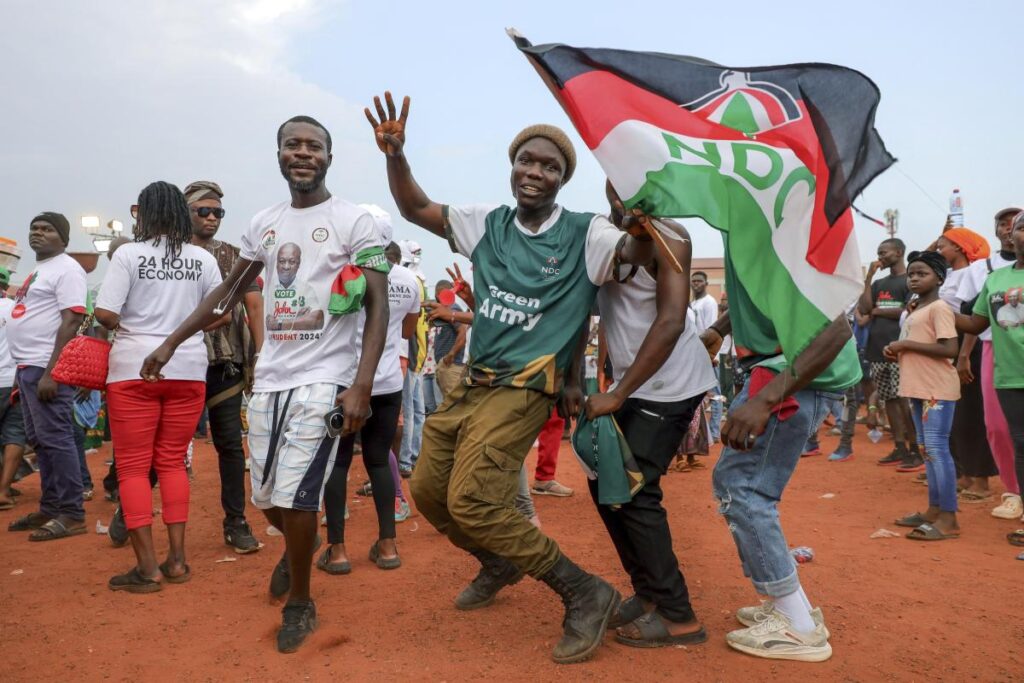In Accra, Ghana, anticipation runs high as Joseph Antwi prepares to cast his vote for the first time in the upcoming presidential election on Saturday. Like many young Ghanaians, Antwi has clear desires for change; he hopes the election will bring relief from a cost-of-living crisis that has plagued the nation. With escalating public debt, a depreciating currency, and soaring inflation, Antwi expresses disappointment in the current government led by President Nana Addo Akufo-Addo, accusing it of failing to fulfill electoral promises made during its tenure. As the country readies for the vote, concerns linger over whether any potential change can effectively address the economic struggles facing Ghana.
The electoral landscape in Ghana is often characterized by tightly contested races between two major parties. This election features a total of twelve candidates, but the contest is widely seen as a head-to-head battle between the ruling New Patriotic Party (NPP) candidate, Vice President Mahamudu Bawumia, and former President John Mahama of the opposition National Democratic Congress (NDC). In final campaigning efforts, both candidates emphasized their strategies for addressing Ghana’s economic woes, with Bawumia promising continuity and stability, while Mahama called for a comprehensive “reset” of the nation across multiple critical sectors.
The vibrant atmosphere in Accra reflects the significance of the election as political rallies pulse through the city. Amid this backdrop of enthusiasm, economic hardships remain paramount for voters. Unemployment and rising living costs dominate their concerns, leading to heightened expectations from the candidates on both sides. Antwi’s grievances are echoed by many, as potential voters look for actionable promises that could alleviate their current struggles.
In addition to economic issues, illegal gold mining—known locally as galamsey—has emerged as a pressing concern. With Ghana recognized as Africa’s foremost gold producer, illegal mining practices have surged in response to economic desperation, leading to environmental degradation and pollution. This situation has sparked protests and a growing sense of urgency for any potential leader to address these interlinked challenges of unemployment and environmental sustainability.
Allegations of electoral malfeasance have also surfaced, with opposition parties claiming without evidence that the election commission is planning to skew the results in favor of the ruling party. Such claims raise alarm in a country that has prided itself on its democratic values, especially at a time when political stability in West Africa appears increasingly tenuous due to recent coups in neighboring nations. The electoral commission, led by Jean Mensa, has openly countered these allegations, asserting its commitment to transparency, responsiveness, and inclusiveness throughout the electoral process.
As Ghanaians head to the polls, the competing promises of economic reform and a resolution to illegal mining resonate deeply. Young voters like Antwi stand at the forefront of a movement demanding change and accountability from their leaders. The outcome of this election will signal not only a potential shift in governance but also the future direction of Ghana’s economy and its democratic integrity during a critical juncture in the nation’s history. With the electorate poised to decide, the stakes are undeniably high for all involved.

